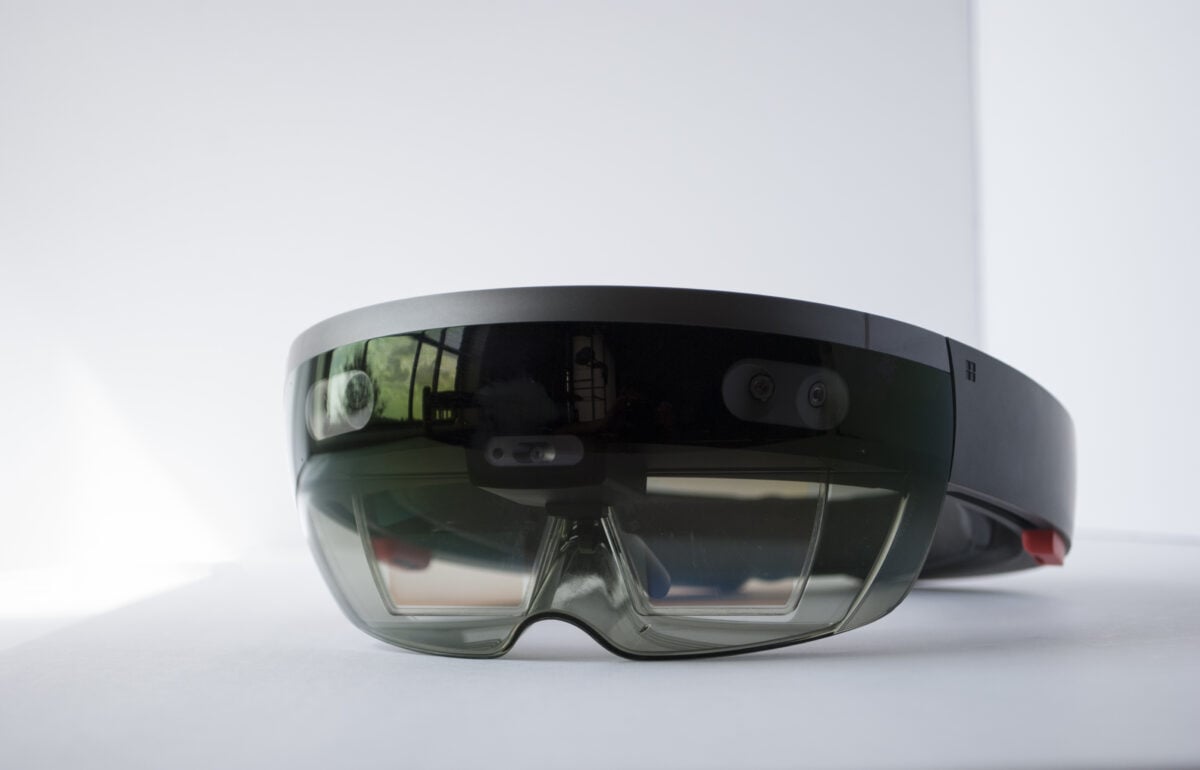TLDR;
Contents
- Alibaba to launch dual-version AI smart glasses powered by its own large language model.
- Glasses to feature voice assistant, translation, transcription, and Alipay/Taobao integration.
- Premium model includes AR display, powered by Snapdragon AR1.
- Launch reflects Alibaba’s post-restructure consumer AI strategy.
Alibaba is set to debut its first AI-powered smart glasses this week, marking a bold entry into the increasingly competitive AI wearables market.
This product launch signals Alibaba’s first major consumer-facing AI device since the company overhauled its AI and consumer divisions in late 2024.
The AI smart glasses will come in two distinct versions: a standard model and a more advanced AI+AR version. The higher-end glasses will be equipped with a built-in display and powered by Qualcomm’s Snapdragon AR1 chip, targeting users who seek richer augmented reality experiences. The standard version, while lacking a screen, will still feature robust AI capabilities.
Packed with AI Features from Alibaba’s Tech Stack
Both models will leverage Alibaba’s proprietary large language model, Tongyi Qianwen, and integrate with the company’s AI search engine, Quake. These technologies will allow the glasses to perform a range of functions including real-time language translation, meeting transcription, voice commands, music playback, and hands-free phone calls.
Furthermore, the glasses are expected to seamlessly connect with Alibaba‘s ecosystem, including popular platforms like Alipay for payments and Taobao for e-commerce interactions, creating a cohesive and intuitive user experience.
Development of the product is the result of collaboration between the Tmall Genie hardware team and Alibaba’s Quake AI research division, illustrating the company’s strategic alignment between hardware and AI research teams.
Rising Competition in China’s AI Wearables Market
The release of these glasses places Alibaba in direct competition with other Chinese tech giants such as Xiaomi, Baidu, and ByteDance, all of whom have launched or are planning to release similar smart eyewear products. This surge in AI wearable innovation follows the global trend of integrating generative AI into daily consumer electronics.
The wearable AI segment is seen as the next frontier after smartphones, with companies racing to capture early market share in smart glasses that can serve as on-the-go assistants.
Part of a Bigger AI Push
This week’s smart glasses launch comes on the heels of another significant announcement from Alibaba, the release of Qwen3-Coder, an open-source AI model designed for coding.
Touted as the company’s most advanced development tool to date, Qwen3-Coder underscores Alibaba’s broader strategy to lead in AI innovation, not just in consumer products, but also in professional and enterprise solutions.
The model reportedly outperforms local competitors like DeepSeek and Moonshot AI’s K2 and rivals U.S.-based models including OpenAI’s GPT-4 and Anthropic’s Claude in various coding tasks. Together, these developments suggest a unified push by Alibaba to stake its claim in the global AI race across both hardware and software fronts.


